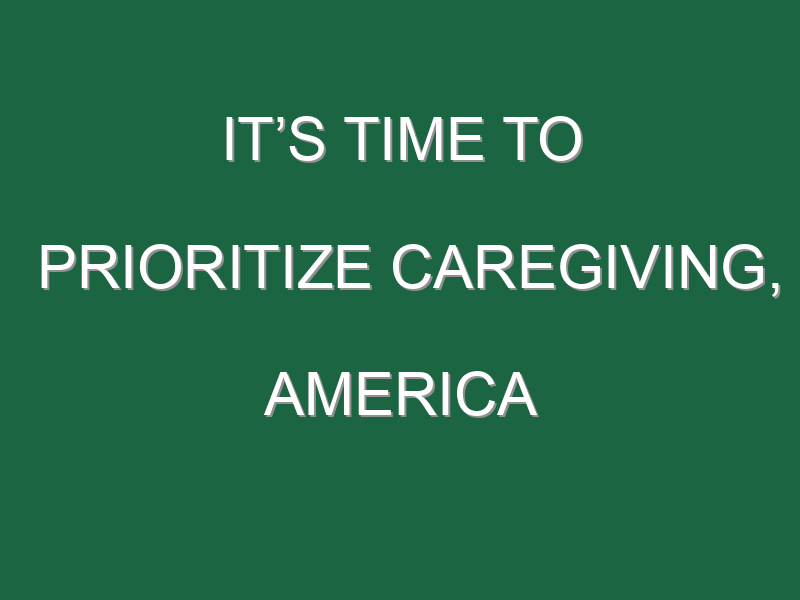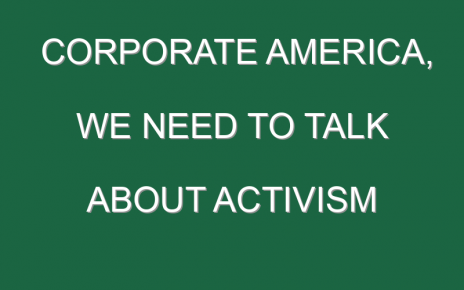Millions of Americans are facing an impossible choice right now: providing for their families or forgoing their paychecks to take care of a loved one. This decision, more often than not, falls upon women, as they represent 61% of caregivers in the United States. In September alone, 865,000 women left the workforce entirely, in comparison to 216,000 men who did the same. And for the women—especially women of color—who’ve been hit hard as joblessness skyrocketed, their responsibilities at home have only made it more difficult to find work.
Amid simultaneous public health and economic crises, the need to create long-term solutions that support caregivers and their families is urgent.
In the earliest weeks of the pandemic, Congress passed the Families First Coronavirus Response Act to temporarily extend paid leave benefits to those needing to care for themselves or their families during this health crisis. Next, the CARES Act was signed into law, giving direct relief to families and businesses, expanding unemployment benefits, and adding some much-needed capital to the economy. As important as these pieces of legislation were, they offered only short-term solutions. As we navigate our new normal, families will continue to face difficult choices between their work and their families.
Where does this leave us? With a need for private and public partners to take decisive action, create long-term solutions, and safeguard families for both the present and the future.
First, Congress must pass another stimulus bill to bring additional financial relief to American families and businesses and provide more unemployment support. This will offer immediate assistance, but it needs to be coupled with long-term solutions. In that regard, the private sector offers a model that can help lawmakers address this challenge.
For years, life insurers have supported initiatives to expand access to paid medical leave in the private sector. Policymakers in California, Connecticut, Massachusetts, New Jersey, New York, Oregon, and Washington recognized the value life insurers bring in protecting workers’ incomes through private disability income insurance and incorporated private options for paid family and medical leave into their state programs. In fact, life insurers pay around $19 billion in disability income benefits annually and help protect about 40% of private-sector workers from losing a paycheck when they are out of the workplace after welcoming a child or tending to a medical condition. Building on this foundation, lawmakers can work with insurers to develop national paid leave options that will serve our country’s caregivers long after the pandemic is over.
At the same time, COVID-19 has also created a need for a national standard for flexible work policies. Working parents are facing unprecedented challenges right now, and employers are stepping up to create flexible policies that support their employees. Even as offices start opening their doors again, remote or hybrid work will remain an option for many companies well into 2021. Among them: Guardian Life, Google, Airbnb, Microsoft, and American Express.
Following the lead of the private sector, public leaders can establish workplace options and guidelines that allow parents to meet their responsibilities at home and at their jobs. Plus, these types of flexible programs along with paid leave will help keep women in the workforce and, in turn, promote long-term economic growth. During a time when so much is at stake, we need to prioritize policies that support our caregivers.
The insurance industry is rooted in assessing risk to plan for the future. The COVID-19 pandemic is unlike anything we’ve seen in our lifetimes—and few could’ve predicted its widespread impact. But the actions we take today can help create a more resilient future by easing the economic burdens on our workforce and families.
Deanna Mulligan is the board chair of the Guardian Life Insurance Company of America. Susan Neely is the president and CEO of the American Council of Life Insurers.





